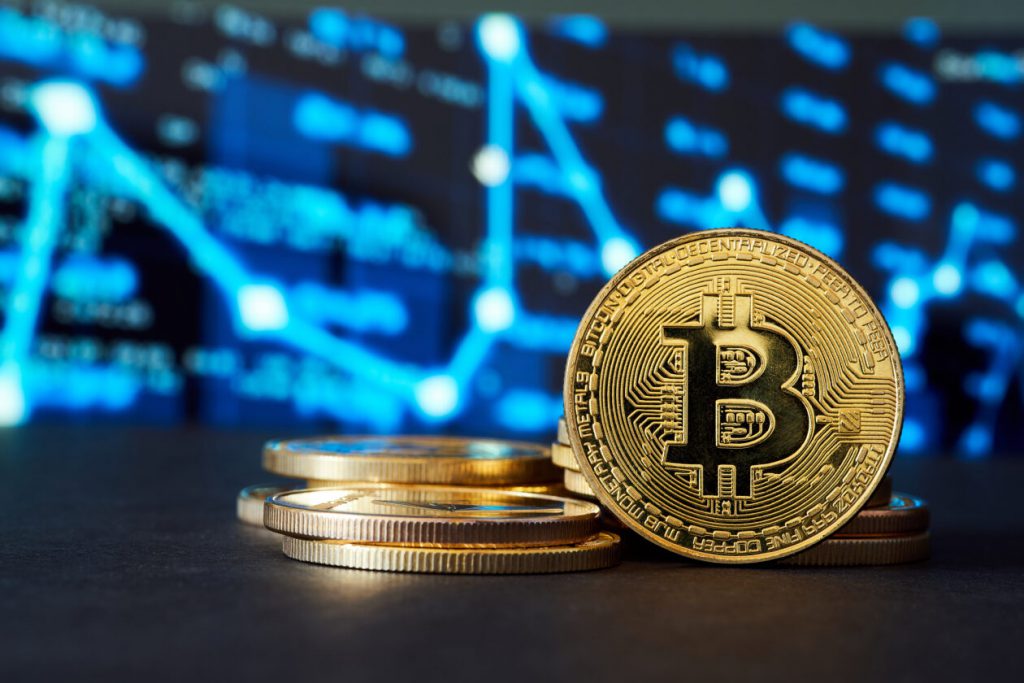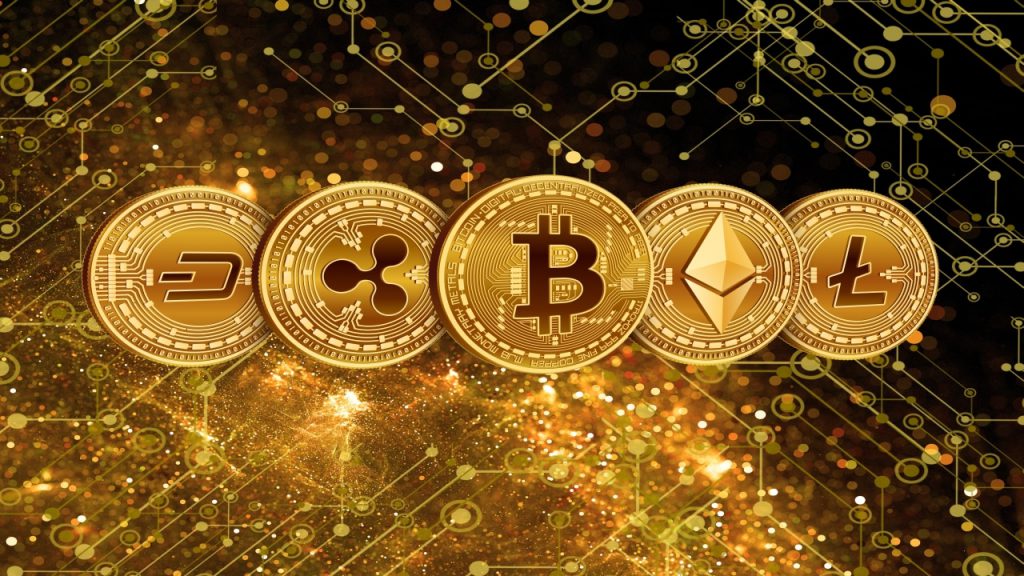Is NFT Safer than Crypto? Exploring the Security of Digital Assets
The world of digital assets has gained significant attention in recent years, with cryptocurrencies and non-fungible tokens (NFTs) taking center stage.
As more people delve into this new frontier, questions arise about the safety and security of these digital assets.
In this article, we will explore the security aspects of NFTs and cryptocurrencies, providing insights into their strengths and vulnerabilities.
Also read: Stablecoins Account for 86% of Transfer Volume: NFTs, Gaming Chip In 0.18%


Understanding NFTs and Cryptocurrencies
Before we delve into the security aspects, let’s briefly recap what NFTs and cryptocurrencies are. NFTs, or non-fungible tokens, are unique digital assets that represent ownership of a specific item or piece of content.
These can range from digital art to music, videos, collectibles, and even real estate.
NFTs are built on blockchain technology, with Ethereum being the most popular blockchain for NFT creation and transactions.
On the other hand, cryptocurrencies like Bitcoin and Ethereum are digital currencies that use cryptography to secure transactions and manage the creation of new units.
Cryptocurrencies are fungible, allowing you to exchange one unit for another of equal value.
They are also built on blockchain technology, with each cryptocurrency having its blockchain network.
Also read: BRICS Confirms Over 40 Heads of State Attending Annual Summit
Security of NFTs: Unique Assets on the Blockchain


NFTs offer a unique form of ownership and authenticity verification for digital assets.
When an NFT is created, its ownership and transaction history is recorded on the blockchain, making it tamper-proof and transparent.
This guarantees that NFT ownership is traceable and verifiable, offering security for creators and buyers alike.
Additionally, NFTs can incorporate smart contracts, which are self-executing contracts with predefined conditions. Smart contracts can include royalty mechanisms, ensuring that creators receive a percentage of the proceeds when their NFTs are resold. This feature enhances the security and fairness of transactions within the NFT ecosystem.
However, it’s important to note that the security of NFTs heavily relies on the security of the underlying blockchain network.
Though recognized for its strengths, blockchain technology isn’t exempt from vulnerabilities.
Potential risks include smart contract bugs, network attacks, and vulnerabilities in the underlying blockchain protocol. Therefore, NFT creators and buyers must be cautious and rely on reputable platforms and marketplaces.
Security of Cryptocurrencies: Protecting Digital Assets
Cryptocurrencies have their security considerations, primarily focused on protecting the digital assets stored in digital wallets.
Digital wallets are software programs that store and manage cryptocurrency holdings.
The security of these wallets is paramount to preventing unauthorized access and the potential loss of funds.
To enhance the security of cryptocurrency holdings, here are several best practices to follow:
- Choose a Secure Wallet: Select a reputable wallet provider that offers robust security features, such as two-factor authentication (2FA), biometric authentication, and hardware wallet integration.
- Backup Your Wallet: Regularly back up your wallet’s private keys or seed phrases. These backups are essential for recovering your funds in the event of wallet loss or damage.
- Keep Software Up to Date: Ensure that your wallet software and operating system are up to date with the latest security patches. Outdated software may contain vulnerabilities that could be exploited by attackers.
- Beware of Phishing Attacks: Be cautious of phishing attempts where attackers impersonate legitimate platforms or services to steal your login credentials. Always verify the authenticity of websites and double-check the URLs before entering sensitive information.
- Practice secure online behavior: Avoid sharing sensitive information, such as wallet addresses or private keys, through insecure channels. Be mindful of the websites you visit, and exercise caution when interacting with unknown individuals or entities.
While these measures can significantly enhance the security of cryptocurrencies, it’s important to note that the decentralized nature of cryptocurrencies means that responsibility for security lies with the individual user.
Taking the necessary precautions and staying informed about emerging security threats is crucial.
Is NFT Safer than Crypto?


Comparing the Security of NFTs and Cryptocurrencies
When comparing the security of NFTs and cryptocurrencies, it’s essential to consider the unique characteristics and use cases of each.
NFTs, with their focus on representing ownership and authenticity of digital assets, provide a robust framework for secure transactions within their ecosystem.
The transparency of the blockchain ensures that ownership records are tamper-proof and verifiable, while smart contracts add a layer of security and fairness.
On the other hand, the security of cryptocurrencies primarily revolves around protecting digital wallets and preventing unauthorized access.
By following best practices and utilizing secure wallet solutions, users can mitigate the risk of loss or theft of their cryptocurrency holdings.
It’s important to note that while the underlying blockchain technology provides a secure foundation for both NFTs and cryptocurrencies, vulnerabilities can still exist in specific implementations or platforms.
Therefore, it’s crucial to exercise caution, conduct thorough research, and only engage with reputable platforms and marketplaces.
Conclusion: Is NFT Safer than Crypto?
In the evolving landscape of digital assets, security is a paramount concern for both NFTs and cryptocurrencies. While NFTs offer unique ownership and authenticity verification, the security of the underlying blockchain network is crucial.
Cryptocurrencies, on the other hand, require users to adopt best practices to protect their digital wallet holdings.
By understanding security considerations and implementing appropriate measures, individuals can navigate the world of digital assets with confidence.
As technology continues to evolve, it’s essential to stay informed about emerging security threats and adapt security practices accordingly.
Remember, the security of digital assets is a shared responsibility between individuals, platform providers, and the broader community.
By working together, we can foster a secure and thriving ecosystem for NFTs, cryptocurrencies, and other digital assets.
Disclaimer: The information provided in this article is for informational purposes only and should not be construed as financial or investment advice. Always conduct your research and consult with a qualified financial advisor before making any investment decisions.





